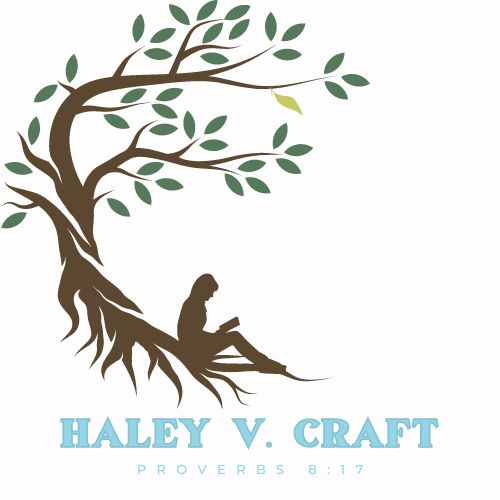You therefore, beloved, knowing this beforehand, be on your guard so that you are not carried away by the error of unprincipled men and fall from your own steadfastness, but grow in the grace and knowledge of our Lord and Savior Jesus Christ. To Him be the glory, both now and to the day of eternity. Amen.
—2 Peter 3:17-18
I’m a forever-student. I love to learn because I don’t see it as a chore like some of my students. I see learning as an exciting opportunity for growth. While we often don’t think about it, growth is part of who we are as humans. As children, we wait eagerly for our bodies to grow up. When we reach that goal, we begin to grow in maturity and responsibility. When we are older, we grow in wisdom. Growth is present at every phase of our lives, so it’s not surprising that Peter tells his audience that growth is necessary, but just like the other areas we’ve talked about these past couple of weeks, that growth has to be balanced with something else.
First, some context. In this letter, Peter addresses the churches in Asia Minor because of false teachers who were causing problems and confusion. Chapter three begins by reminding Christians in the region that the Day of the Lord was coming. This would be a day of judgment, a day of fire. A day for which Christians need to be prepared.
Peter’s advice: be diligent in making sure we stay rooted in our faith. Why? Because there are people out there who are distorting Scripture.
That is where verses seventeen and eighteen come in. Right after Peter says the Day of the Lord is coming and there are men distorting Scripture. This is what the “therefore” is there for. Peter is saying “Therefore, since you know that judgment is coming and there are people out there who might lead you astray, here’s what you need to do.”
Step 1: Be on your guard against distortions of Scripture.
Step 2: Don’t stop growing in your knowledge of Jesus.
It can be a little confusing if we think through the implications of these two steps. Step one is a stepping back, a defensive position, but step two requires never-ending exploration. How can we defend ourselves from false teachers? The answer is definitely not to stop listening to all teachers of Scripture.
Believe it or not, we’ve seen the consequences of not following both of these steps in Scripture. In the very beginning, Eve broke Peter’s first piece of advice. She did not take up the defensive position against the serpent in the garden. I don’t mean a physically defensive position, but a mentally and spiritually defensive position.
She and Adam knew the goodness and love of God firsthand in a way that no human has had the opportunity to experience in this life since. They knew the truth, not just from being taught a lesson, but from experience. Even so, the very first time the serpent began to question if God was good or not, Eve went along with it. She didn’t remind herself of all the walks in the cool of the day or the talks she and Adam got to have with God. She didn’t tell him to stop right there because he was dead wrong. She entertained the idea.
We have to be careful of what ideas we entertain and allow to shape our beliefs. There are plenty of false teachers out there still today who care more about profit than theology or who are simply deceived. According to Peter, we must be cautious when approaching new ideas about Him and Scripture so we’re not also deceived.
The second rule was broken, not by one person, but by a whole group of people—the religious leaders of Jesus’s day. While Eve made a mistake by entertaining the wrong idea and allowing falsehood to govern her actions rather than truth, the religious leaders did the opposite. They refused to entertain any new information about who God is and what He is like.
The reality is that we’re limited. We will never be able to fully understand God and all His mysteries. That’s okay, but that doesn’t give us an excuse to stop seeking to know more about Him. In fact, I believe that seeking to know more about who our Great God is and finding new facets of His character is one of the most exciting and fulfilling things we can do. But that can only happen if we are willing to question what we believe when we come across something in Scripture that is new to us or doesn’t make sense right away.
The Pharisees and Sadducees thought of God as being so far above man that any supposed association with sinful man would be unthinkable. It would be heresy or blasphemy, so God choosing to become a man to achieve justice and open the door for us to have a relationship with Him went soaring way over their head. They weren’t open to questioning their understanding of God and they missed out on getting to know the Messiah.
So where’s the balance? It’s necessary to investigate, to seek to know God better through Scripture, and to walk with Him in relationship. This might include learning from teachers, and that’s okay as long as we approach that learning with the understanding that nothing that anyone says can change the truth of Scripture. That foundation—that Scripture is completely true and that God is who He says He is through the Bible— is what we must protect. No matter what we are told, we must always return to the Bible and test it for ourselves.






0 Comments